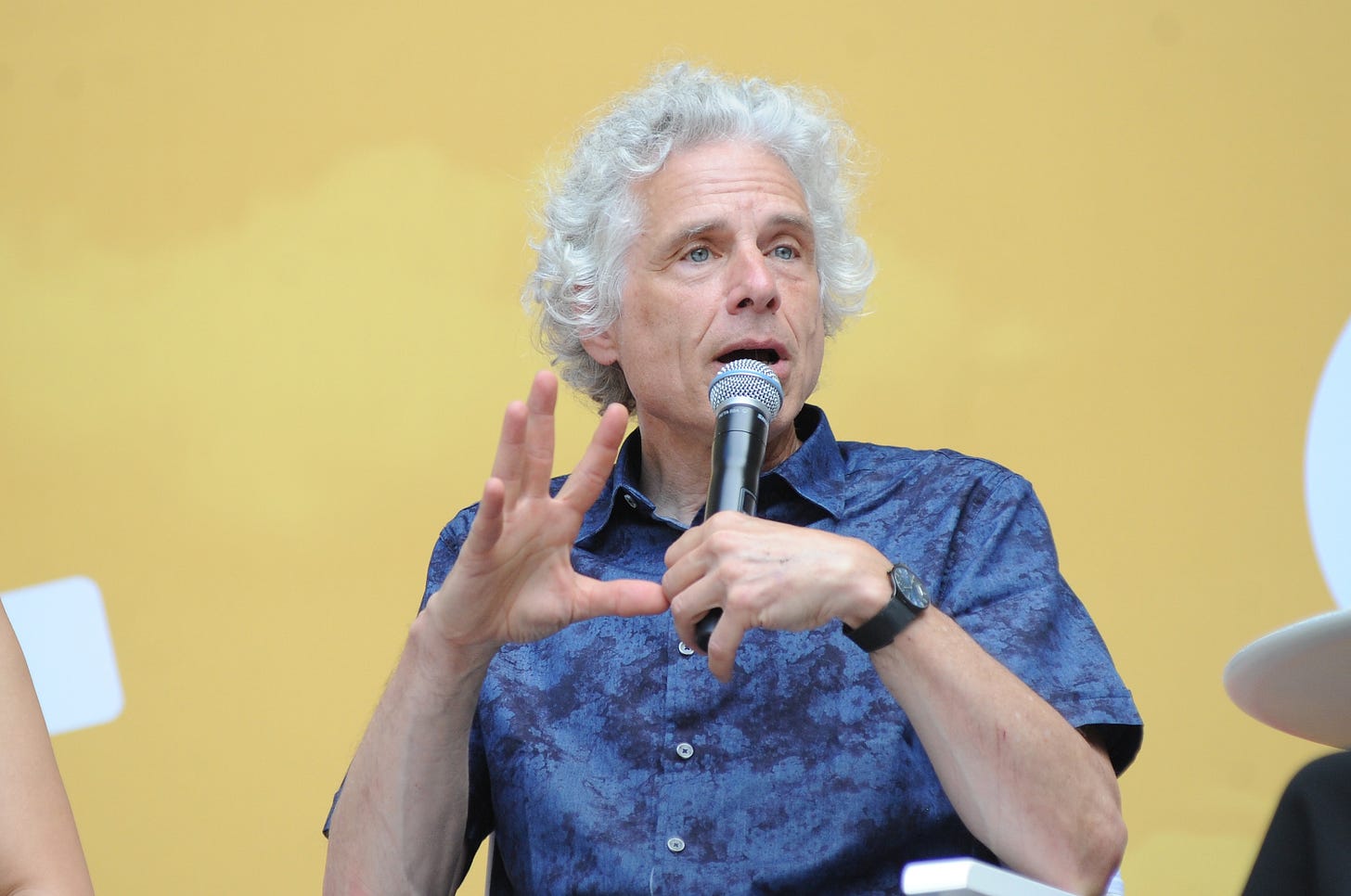
On November 8, Bari Weiss announced the formation of a new center of higher learning, the University of Austin, devoted to the principle of free speech. According to the website of the new institution, “The University of Austin is a liberal arts university committed to freedom of inquiry, freedom of conscience, and civil discourse. To maintain these principles, the university is fiercely independent—financially, intellectually, and politically.” The university’s board of advisors include Ayaan Hirsi Ali, Caitlin Flanagan, Sohrab Ahmari, Steven Pinker, and Larry Summers. The “founding trustees” include Bari Weiss and Niall Ferguson.
The announcement provoked many jokes on social media, in part because the group’s sense of self-importance is astonishing. Flanagan tweeted out, “When all seems lost, you have to protect the light. Cicero protected it and John Adams found it and now [you] and I are free. Once again the light is sputtering out. Join us. Freedom won’t die on our watch.” When a scholar raised a question about the putative link between Cicero and Adams, the ensuing exchange was, depending on one’s mood, either mind-boggling or hilarious.
These are hardly the intellectual figures one wants to be the nightwatchmen of free speech. Bari Weiss is notorious for trying to get Arab and Muslim scholars fired for speaking about human rights abuses in Israel. Hirsi Ali has advocated amending the American constitution in order to limit the religious speech of Muslims. Larry Summers, in his capacity as President of Harvard, was so nasty and overbearing in his management of the African-American Studies department that he drove away major scholars, Cornel West and Kwame Anthony Appiah. Niall Ferguson, while on a fellowship at the Hoover Institute, tasked a research assistant with conducting “oppo research” on an undergraduate whose political views Ferguson found distasteful.
As for Sobrah Armani, one of his distinguishing traits as a public figure is his willingness to call for the use of state power to suppress LGBTQ speech. As the Atlantic reports:
In a since-deleted tweet, Ahmari praised Alabama Public Television for refusing to air an episode of the cartoon Arthur in which the titular character’s male teacher marries another man; his attack on [fellow conservative David French] was preceded by another since-deleted eruption, over Drag Queen Story Hour at a public library, in which he cried, “To hell with liberal order”; and he has since suggested the humanities should be defunded because “they may be lost to us for good.”
In sum, if you wanted to gather a crew of aspiring censors and free speech opponents, you’d probably end up with the staff of the University of Austin.
Aside from the ideological objections one might have to the new institution, the actual plan for the school looks extremely shaky. Jacob Bacharach, a novelist and essayist who also works as a university administrator, did a very cogent deep dive into the paperwork for the school. His findings include a lack of serious seed funding, an extremely small and seemingly interrelated governing body, and a baseline incompetence—as evidenced by the fact that the “university” applied for accreditation to the wrong institutional body.
With any new institution, it’s important to start with some due diligence. I’m afraid that many of the people associated with the University of Austin haven’t done that. Fortunately, Bacharach has done the necessary work. I was very pleased to speak to him at length about reasons to be skeptical about the University of Austin both as an ideological project and as a sustainable academic institution.
Postscript: after recording the podcast and writing this accompanying note, I found out that some prominent people associated with University of Austin, including Steven Pinker, have jumped ship, displaying the instinct for self-preservation famously associated with rodents. Pinker’s tweet on this was particularly hilarious.


(Podcast produced by Julia Elinore Peterson; post edited by Emily M. Keeler)
Share and Subscribe
If you liked this post, please share:
Or subscribe:














Share this post